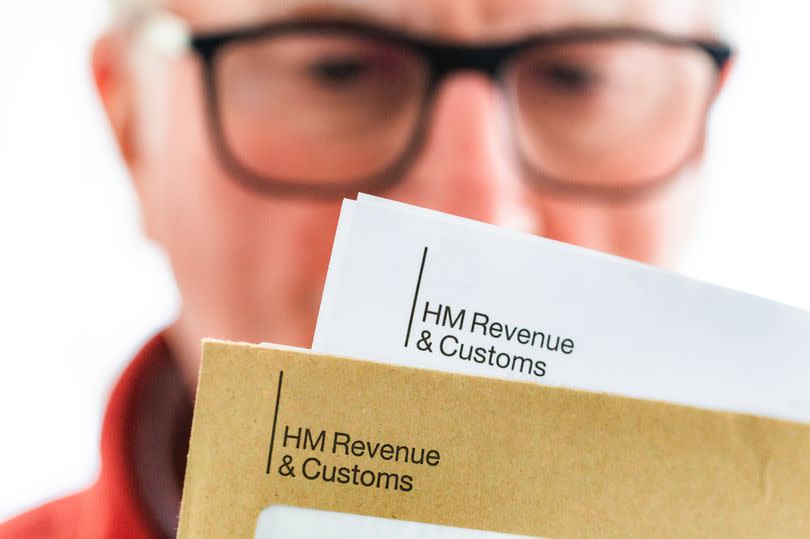HMRC pays back £198m in overpaid tax - but £100 tip could prevent paying too much

A pensions expert has revealed a £100 trick to prevent HMRC from mistakenly taking your money.
HMRC has refunded over £42 million in taxes it shouldn't have levied on flexible pension withdrawals in the first quarter of this year, bringing the total tax repayments for the tax year to more than £198 million, a record sum. In total, HMRC has returned over £1.2 billion in overpaid tax on flexible pension withdrawals.
John Chew, a specialist in pension, tax and estate planning at Canada Life, said people are still being "caught out" by the tax system almost a decade on from the introduction of the pension freedoms. Although overpaid tax can be reclaimed, the data shows record amounts of tax continues to be overpaid, he said.
Read more: DWP told to 'act better' as vulnerable benefit claimants hounded for up to £20,000 in repayments
Mr Chew commented: "There must be a better way of managing these withdrawals, especially if people are targeting a specific reason to use the money and find themselves short due to emergency tax being applied."
He then offered a tip to ensure you don't end up paying too much. "While we wait for the tax system to catch up with the freedoms, a good tip for people who are making a pension withdrawal for the first time is to request a small withdrawal of say £100," he said. "That will generate a tax code from HMRC which the pension provider will apply to any subsequent withdrawals."
He continued: "That will result in the tax being taken at source being far more accurate in many more cases, not only reducing the burden of paperwork but equally importantly the customer receiving a more accurate withdrawal in the first place.
"It's also worth noting that any change in tax position during the course of the year, resulting in a new tax code being issued by HMRC, should also be shared with your pension provider as a matter of course. This will help identify any differences in the tax being applied and allow for earlier intervention if required."

 Yahoo News
Yahoo News 
